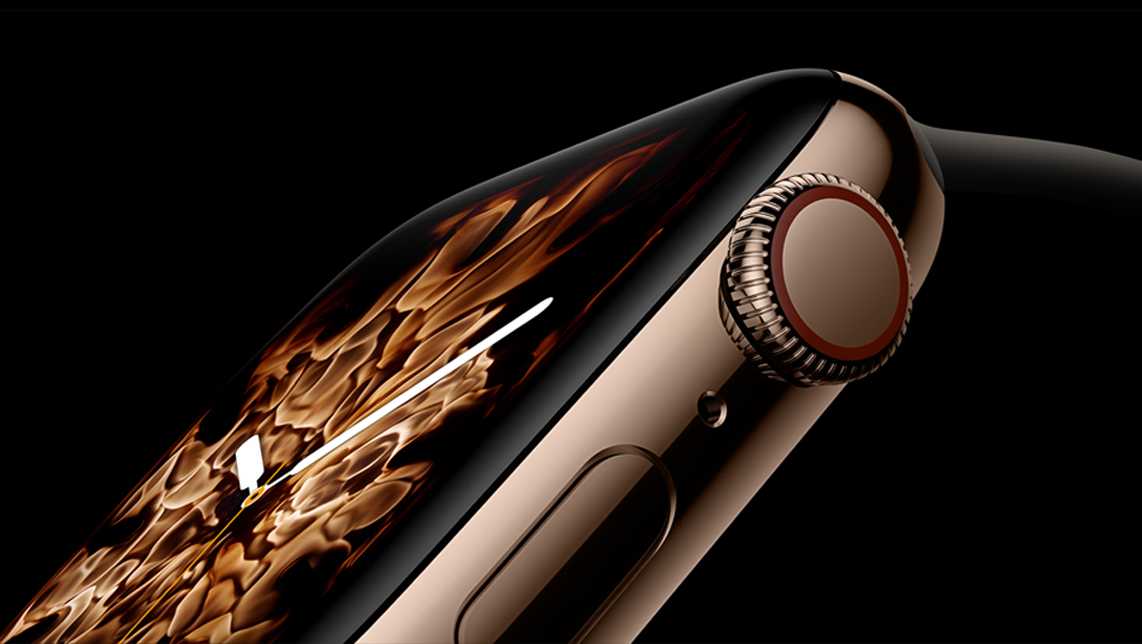
Separating Apple Watch from iPhone as a Public Health Good
At their September event, Apple spoke of their annual upgrades to their iPhone and Apple Watch lines. While the iPhone update was mostly limited to the processor and camera, the Apple Watch had some more significant improvements, notably including the capability to capture an electrocardiogram, atril fibrillation detection, fall detection, and an emergency SOS feature.
While the original pitch for the Apple Watch included health features, it was more concerned with being a workout accessory and general activity tracker. Over the years, it has grown more sophisticated at being not just an accessory, but a true guardian of the wearer’s health. Features like ResearchKit are making it possible for medical research to be conducted on people on a daily basis. It’s clear Apple is going to continue moving the Apple Watch in this direction.
This has potential to be transformative to public health, but there’s a problem: this device is limited to people who have iPhones, which makes up about 2 in 5 US phones and 1 in 5 phones worldwide. That means these features are not available to the vast majority of smartphone users, a market that is currently starved for a comparable product. And while there are finally some signs of life for an alternate smartwatch platform, Apple’s actively working with the FDA on some of their features; they’re simply better positioned to have accurate results.
When the iPhone launched, it was tethered to a computer running iTunes, but with its fifth release, the iPhone went PC-free and became fully self-sufficient. While it’s unlikely that the Apple Watch could ever be completely run without a connection to some other device, surely there will be many features that aren’t dependent on an iPhone. The health care features alone would be transformative for many people; there are absolutely people who would buy an Apple Watch just to have a modern health guardian device. Are they obligated to make the Watch work without the iPhone? Of course not. But it would dramatically expand the market for the device, and provide a marked improvement to the health and lives of people who can’t get one today.